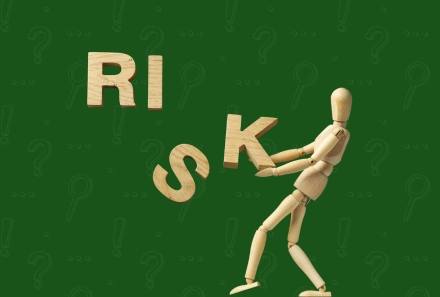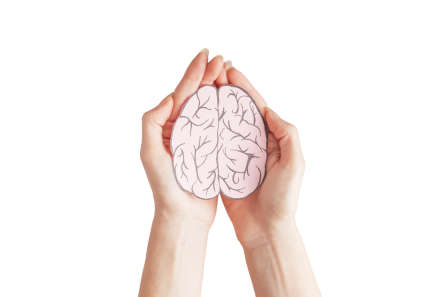Bipolar I Disorder
What is Bipolar I Disorder?
Manic Episodes

Depressive Episodes
Mixed Episodes

Causes and Risk Factors
Recognizing Bipolar I Symptoms Early
Treatment Options

Mood stabilizers, antipsychotics, and sometimes antidepressants are used to regulate mood swings and prevent episodes.
Living with Bipolar I Disorder
Learning to spot your triggers and having strategies in place, like mindfulness or stress management techniques, can make those tough moments more manageable.

Support for Families and Caregivers
Keep the lines of communication open. It’s important to listen and be patient, even when it’s tough. But don’t forget about your own well-being—being a caregiver can be exhausting, and it’s okay to seek support for yourself too.

Resources and Support
Helping Over 100 Patients (And Counting!)
Imran is such a great yoga trainer! I had the opportunity to have some 1:1 sessions with him. He crafted a yoga routine that acommodated my knee pain as well as my beginner level experience with yoga.
H.KImran is a gentle soul with a purposeful vision of making a difference in the mental health space. I find his content insightful, engaging and most importantly authentic. Thank you, for your tenacity and for doing the much needed work in this space!
ANDREA MAUImran is an exceptionally talented individual. He was able to turn his life around from bipolar disorder. I witnessed his transformation. Based on his results I have also contracted him as my Yoga instructor. He is genuine, sincere, and has a true heart to serve others.
ALI PERVEZImran Ghani's book skillfully combines his Five Pillars—sleep, nutrition, movement, mindfulness, and community—to support recovery for those with bipolar disorder, anxiety, insomnia, and other modern challenges. A great resource for well-being.
KEITH KACHTIK
I recently had the chance to join imran in a few online and in-person training sessions and it was really helpful for me. Imran is knowledgeable, caring and has the unique ability to show the learner how to improve their practice.
PAPA DIALLO